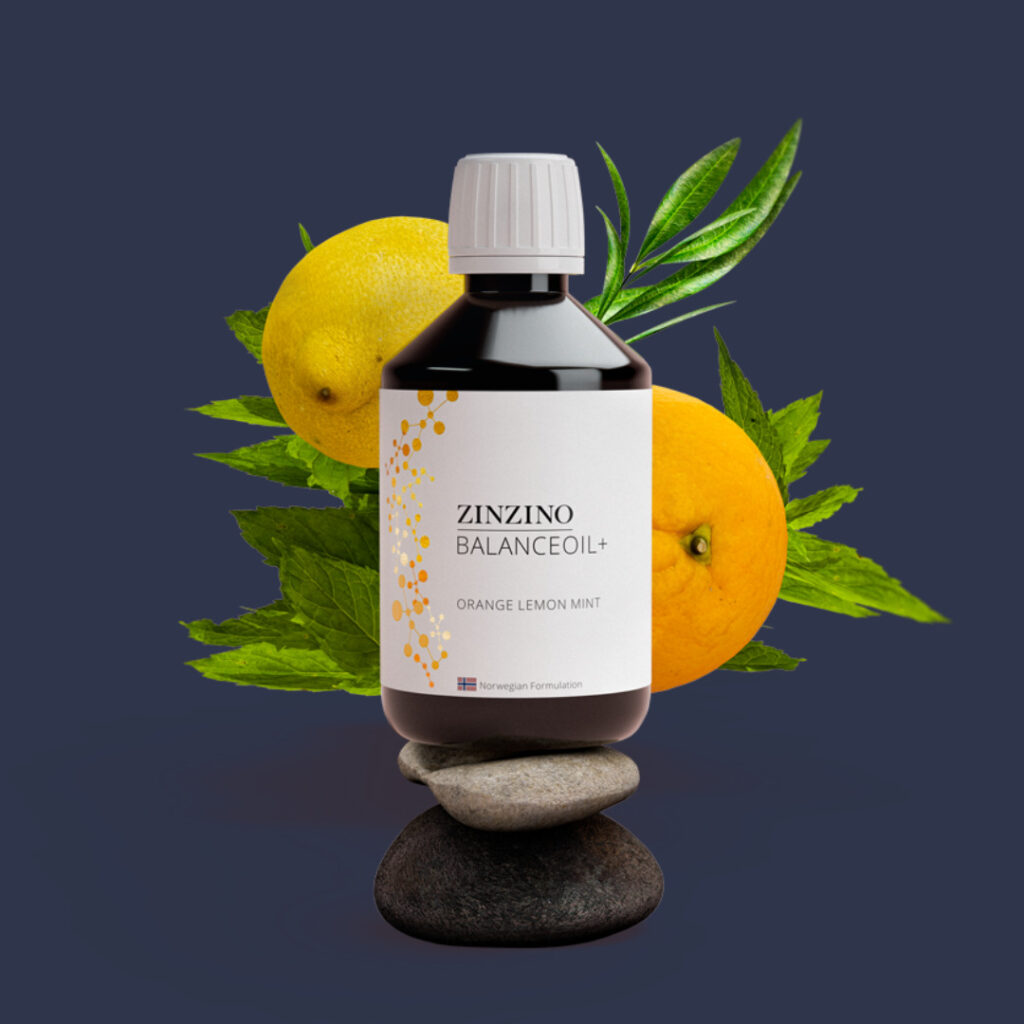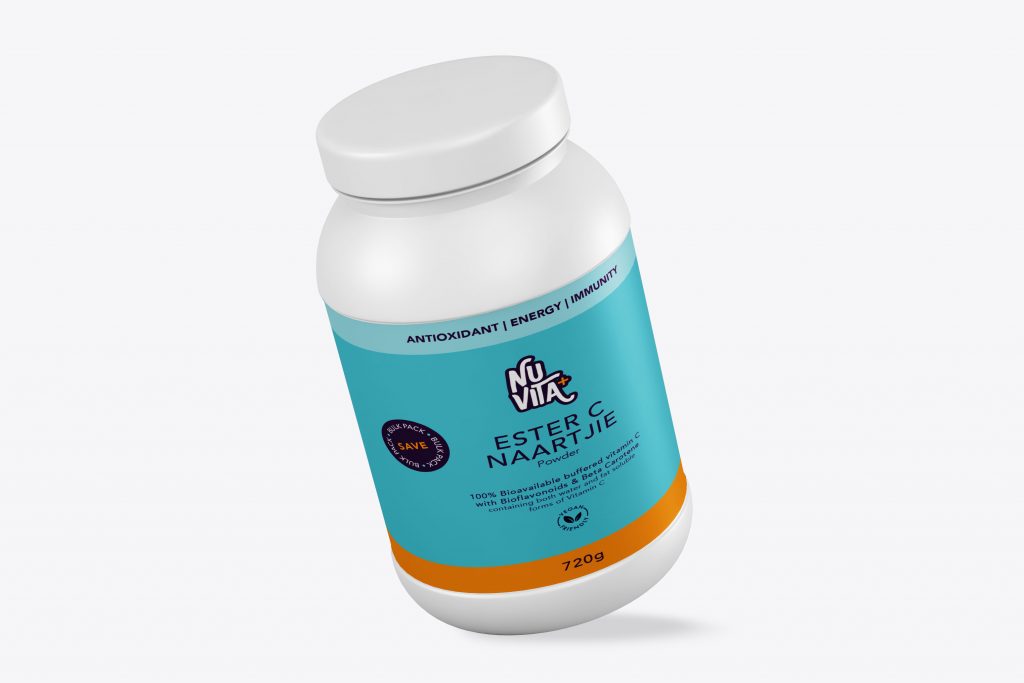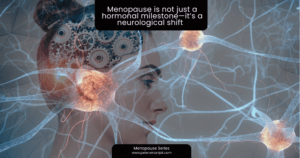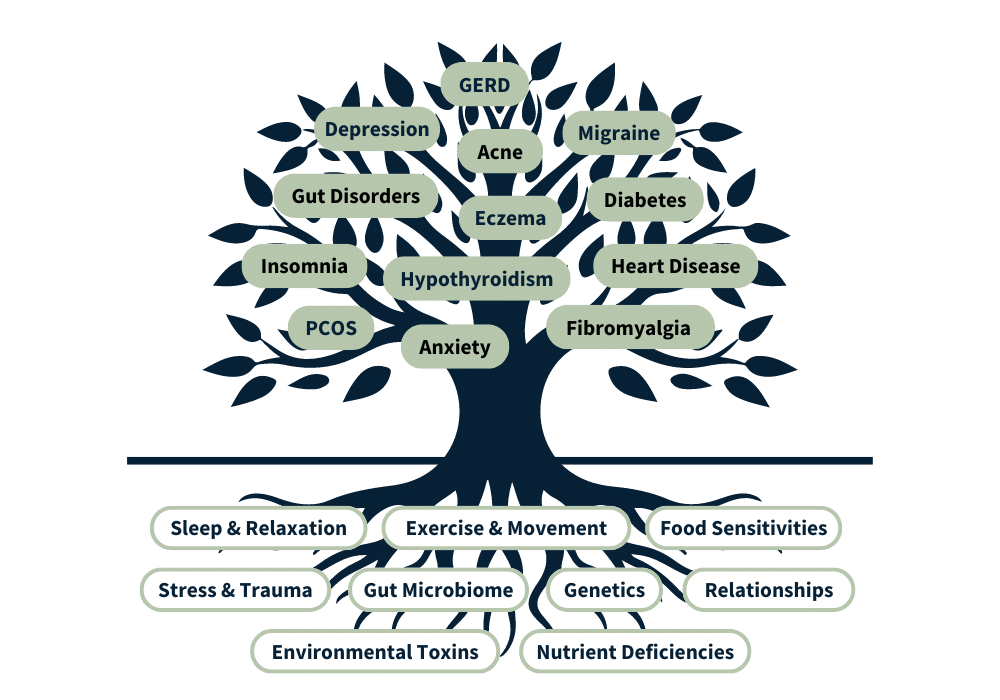As an executive or professional, you are familiar with the relentless pace of work: deadlines, endless emails, high-stakes meetings, and responsibilities that don’t stop piling up. You pride yourself on powering through, taking care of business, and being a reliable leader. But in the process, how often do you neglect the most important aspect of sustainability—deep rest?
According to Dr. Elissa Epel, author of The Stress Prescription, deep rest is not just a luxury—it is a biological necessity that profoundly affects our health, from our energy and clarity to our longevity. Just as an athlete needs recovery after intense workouts, our bodies and minds also require time to rest, rejuvenate, and reset, especially in high-stress environments.
What Happens When We Rest Deeply?
Deep rest isn’t simply putting your feet up on the couch after a long day or finally getting some shut-eye after a few sleepless nights. It’s a powerful physiological state that brings remarkable changes to your body—right down to the cellular level.
Dr. Epel explains that deep rest allows our bodies to enter a state where real biological restoration can take place. It’s during these periods that growth hormone levels improve, sex hormones stabilize, and our bodies work to heal and regenerate. At night, during the deep sleep phase, our brains even undergo a natural “clean-up” process, flushing out harmful proteins and resetting our systems.
Deep rest is the opposite of our usual hyper-vigilant state. It’s about turning off the relentless stimulation—the emails, deadlines, phone notifications—and giving your brain and body a chance to recover. But deep rest doesn’t just happen by accident. It requires intention and sometimes even a bit of practice.
Why Retreats Work and What We Can Learn From Them
In The Stress Prescription, Dr. Epel discusses the science of retreating. Retreats can be formal meditation sessions at serene centers, or they can simply be removing oneself from the usual buzz—like spending a weekend alone in a quiet cabin. The magic of retreats is that they provide a protected time and space where the constant triggers of stress are no longer at play.
Studies show that retreats create dramatic changes in the body. Participants in retreat settings have shown reductions in inflammatory activity, oxidative stress, and other markers of cellular aging. These profound shifts occur simply because the body is given the opportunity to rest deeply, without the constant demands of daily life.
But let’s be honest: not everyone has time for a week-long retreat. As an executive, you probably don’t have the luxury of disappearing from work responsibilities for days at a time. However, Dr. Epel argues that creating a “retreat state of mind” can be just as effective if practiced regularly. You don’t need to pack a bag or find a secluded cabin—you just need a moment of protected, intentional downtime where you truly disconnect.
Building the Habit of Deep Rest
Think of it this way: the human brain is like a high-tech computer, constantly processing incoming data and predicting outcomes based on past experiences. When you’re caught up in the cycle of stress and stimuli—work emails, meetings, demands—your brain stays on high alert. Every notification, every meeting reminder, tells your brain it’s time to react. This constant stress keeps your sympathetic nervous system activated, and before you know it, you’re stuck in a state of perpetual arousal with no chance for real rest.
To shift away from this cycle, we need to “reprogram” the cues we send to our brains. Creating an environment of safety, comfort, and calm sends a powerful message that it’s okay to let our guard down, allowing deep restoration to happen. Whether that’s dimming the lights in the evening, taking a few minutes to breathe deeply, or even setting aside an hour to read or meditate without any interruptions, these moments help recalibrate your nervous system.
Deep Rest Is Not a Luxury, It’s a Necessity
One of the most significant takeaways from Dr. Epel’s research is that deep rest is a right, not a luxury. Our culture has ingrained in us the idea that rest is indulgent, that downtime is unproductive. As an executive, you might even feel guilty taking time off, thinking you should always be available, always engaged.
But here’s the truth: Without deep rest, you risk burnout, poor health, and reduced cognitive performance. Your ability to lead, make sharp decisions, and sustain energy is directly connected to how well you allow yourself to rest. If you don’t prioritize rest now, you’ll be forced to make time for illness later. Much like brushing your teeth daily to prevent decay, we need to practice daily habits of rest to protect our mental and physical health.
How to Create Your Own “Mini-Retreat” Moments
You might not be able to leave your responsibilities for a full retreat, but you can create mini-retreats throughout your day. Here’s how:
Set Boundaries: Schedule time where you are entirely unreachable—no phone, no emails. Even 15-30 minutes of this can create a powerful reset.
Create Comforting Spaces: Find or create an environment that promotes rest—dim lighting, soft surroundings, or a favorite chair.
Mindfulness Practices: A few minutes of meditation, focused breathing, or even simply sitting quietly can send a powerful signal to your brain to turn off stress mode.
Disconnect from Technology: Even a short time without tech (no notifications, no scrolling) can help reset your mind.
The message is clear: Your productivity, your ability to lead, and your quality of life depend on your capacity to rest deeply. Deep rest isn’t just about taking breaks; it’s about reclaiming your health, your energy, and your ability to make a meaningful impact.
Are you ready to stop ignoring the dashboard lights and start taking care of what truly keeps you running? It’s time to prioritize rest, and in doing so, invest in yourself for the long run. Your health, your future, and your leadership depend on it.








